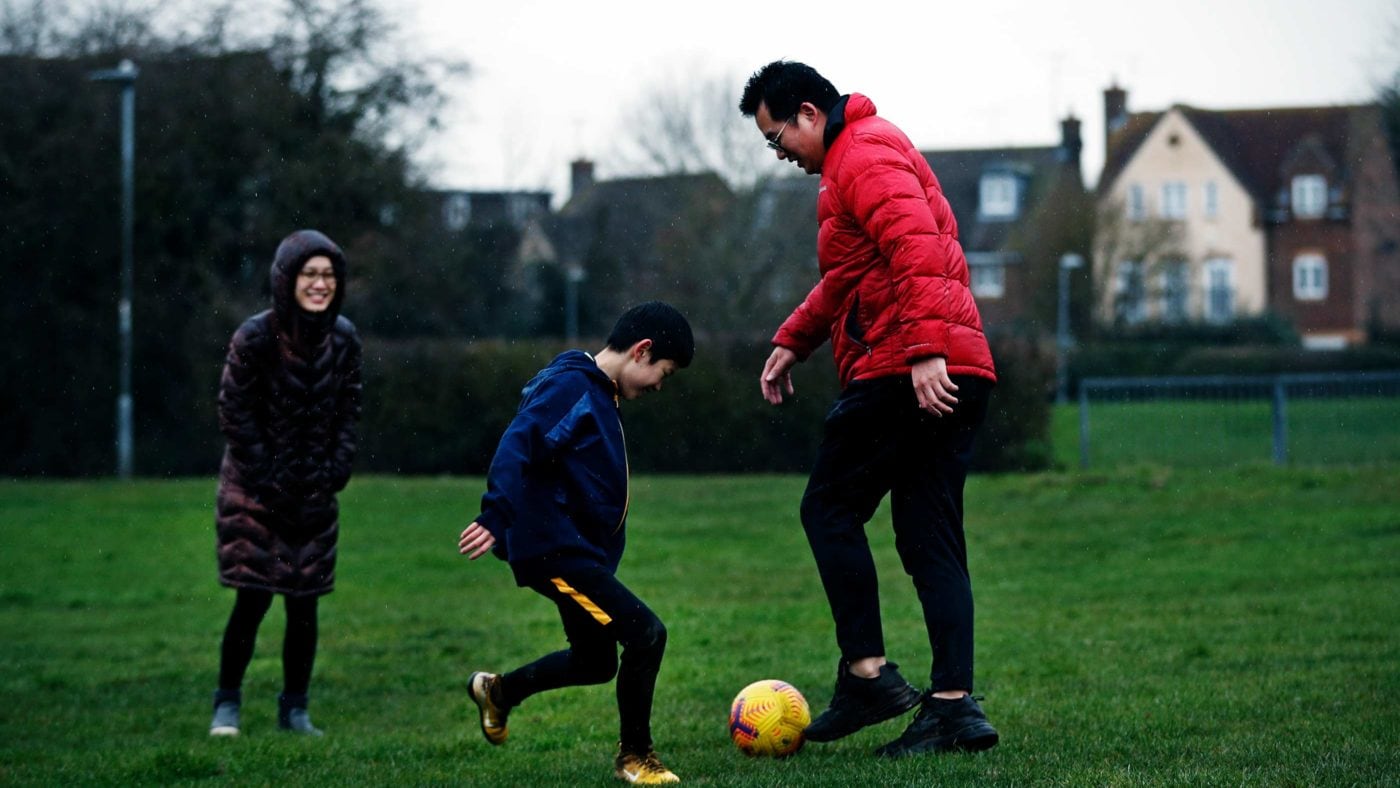As Hong Kong marked this weekend a quarter-century since the handover of from UK to China, the next chapter in this story of the end of empire – or perhaps transition between empires – is set much closer to home.
The arrival and settlement of Hongkongers will be a central British migration story of the 2020s. More than 125,000 Hongkongers have secured a British National (Overseas) visa since the programme was launched in January last year. It appears likely that between 250-500,000 Hongkongers could come to live in Britain over the next few years. Whatever the scale, new arrivals from Hong Kong will join the post-war Windrush generation, the Ugandan Asians of half a century ago and the Polish workers who came after 2004 among the iconic examples of Britain’s long history of migration and integration.
Welcoming this new wave of migration via the BN(O) visa route was a conscious choice, one of the first big immigration policy decisions as to what post-Brexit Britain would do with its new immigration controls. There was (and still is) a broad, cross-party, civic and public consensus that this was the right thing to do – given Britain’s historic responsibilities, China’s new security laws and indeed the positive contribution that Hongkongers could make to Britain.
The Government’s official Hong Kong welcome programme is one of the most proactive integration programmes that Britain has ever had for any incoming group. It is a welcome sign of the increased understanding of the value of practical work to ensure migration works well, both for those who come to Britain and the communities that they join.
How are Hongkongers finding their new lives in Britain? The initial evidence, published in a new report today, Settling In, by the Welcoming Committee for Hongkongers, finds that the welcoming programme has laid some solid foundations. Hongkongers feel welcomed in Britain. New arrivals are navigating the initial practical challenges, including those of understanding how the UK property and rental markets and school admissions work.
Hongkongers are a varied group. Many are professionals and some are entrepreneurs, but not everybody coming to Britain is well-off. Most Hongkongers coming on the BN(O) visa have school-age children, while some have brought elderly parents with them. Others are young adults, many of them effectively political refugees, forced to leave their homes with little notice.
The priority that families from Hong Kong give to education has been a strong theme of the research. How schools get welcoming right will be a crucial foundation for the next generation. For those making the move to higher education, rules requiring Hongkongers to wait five years to get ‘home student’ status, before which they must pay higher fees and cannot access student loans, has caused anxiety for some.
Seeking and securing good work will be an increasing focus. The Hongkongers who have come to Britain are well qualified: around 7 in 10 are graduates. But there will be practical challenges to unlocking the potential contribution of Hongkongers, such as recognition and conversion of professional qualifications. Confidence in speaking English, including in the workplace, is also an issue for many people – often despite having strong written English. That presents an opportunity to draw on the largely untapped public appetite to help new arrivals settle in the communities they join, through conversation clubs and other opportunities for social contact.
In this era of levelling up, policymakers should also take an interest in the locations that Hongkongers choose – seeking useful ways to spread the gains across all regions and nations of the UK. And with new welcoming schemes for Afghans and Ukrainians also recently put in place, there is also an opportunity to see where policymakers can knit these together, while also recognising the different needs of each group.
Hongkongers have settled in well to Britain. The challenge now for the welcomed and the welcomers is to ensure that they thrive. That will require a broader circle of engagement – across education, employers and civil society – in this next phase. By showing how a proactive approach can help make integration work, getting the Hong Kong welcoming agenda right can be one of the foundations of a new era of welcoming in Britain.
Click here to subscribe to our daily briefing – the best pieces from CapX and across the web.
CapX depends on the generosity of its readers. If you value what we do, please consider making a donation.


